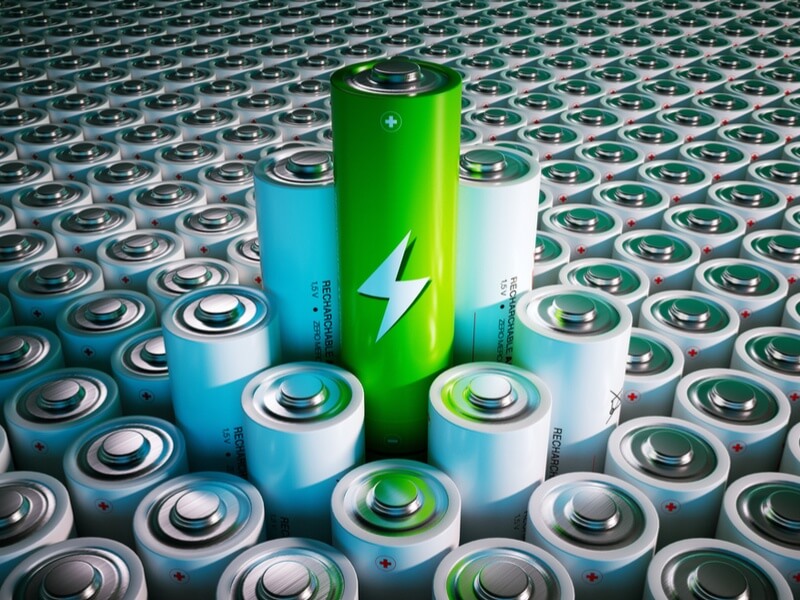Imagine a world where used batteries simply disappear, leaving behind no toxic trace. Inspired by the self-destructing gadgets in "Mission: Impossible," scientists are making strides in biodegradable batteries, aiming for a sustainable future where electronic waste is drastically reduced. These innovative power sources are designed to break down naturally, minimizing environmental impact and offering a radical shift from conventional batteries laden with hazardous materials.
One promising approach involves using probiotics, the beneficial bacteria found in yogurt, to generate electricity. Researchers at Binghamton University, led by Professor Seokheun Choi, have engineered paper-based batteries that dissolve in acidic environments. These "papertronics" leverage the electrogenic capabilities of probiotics, modifying electrode surfaces to enhance bacterial attachment and boost electricity production. Coating the dissolvable paper with a low pH-sensitive polymer ensures the battery operates only in specific environments, such as polluted areas or the human digestive system, increasing voltage output and operational lifespan.
Another fascinating development comes from Empa, the Swiss Federal Laboratories for Materials Science and Technology, where scientists have created a 3D-printed fungal battery that feeds on sugar. This microbial fuel cell integrates fungal cells directly into the battery structure, using a yeast fungus on the anode side to release electrons and a white rot fungus on the cathode side to capture and conduct them. The battery cleverly self-digests by consuming the cellulose-based ink in which the fungal cells are embedded, leaving no harmful residues behind.
These biodegradable batteries offer numerous potential applications. They could power disposable sensors for medical diagnostics, environmental monitoring, and agricultural research, eliminating the need for retrieval and disposal of conventional batteries. In biomedical applications, bioresorbable electronics powered by these batteries could disintegrate safely within the body, avoiding the risks associated with toxic materials.
While still in early stages of development, biodegradable batteries face challenges in terms of energy density, lifespan, and scalability. The amount of electricity produced by current prototypes is modest, sufficient for low-energy devices like temperature sensors but not yet capable of powering more demanding electronics. However, ongoing research focuses on improving performance by exploring different materials, optimizing designs, and enhancing the electrocatalytic behavior of microorganisms.
The broader landscape of sustainable batteries also includes other promising technologies. Solid-state batteries, which use solid materials like polymers and ceramics instead of liquid electrolytes, offer improved safety and potentially higher energy density. Metal-free batteries, constructed from polypeptide organic radicals, eliminate the need for scarce and environmentally problematic metals like cobalt, while also being easier to recycle and biodegradable. Sodium-ion batteries and zinc-ion batteries are also being explored as alternatives to lithium-ion batteries, utilizing more abundant and less toxic materials.
The development of biodegradable batteries represents a crucial step towards a circular economy for electronics, reducing waste and minimizing environmental harm. As research advances and these technologies mature, they hold the potential to revolutionize the way we power our devices, paving the way for a more sustainable and eco-friendly future.

















